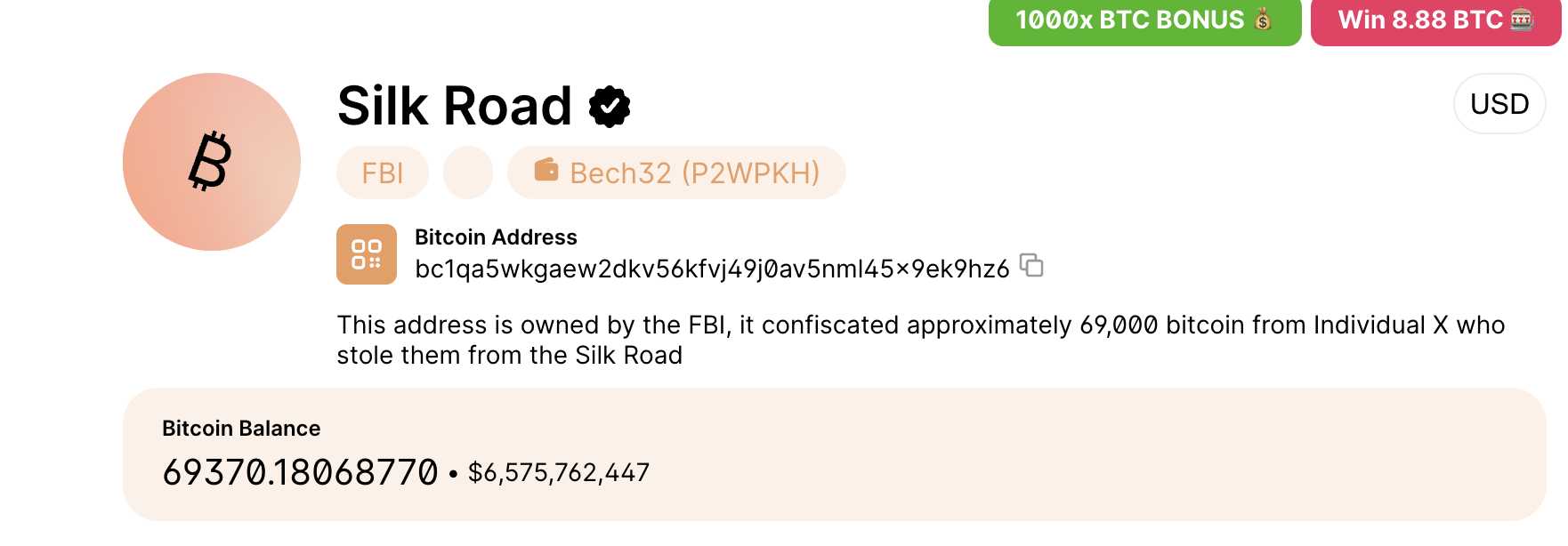Keywords: Silk Road Bitcoin, Silk Road Bitcoin Seizure, Silk Road Bitcoin Auction, Silk Road Bitcoin Wallet, Silk Road Bitcoin Sale, Silk Road Bitcoin Address, Silk Road Bitcoin Amount, Silk Road Bitcoin Sold, Silk Road Bitcoin Documentary, Silk Road Bitcoin Seizure 2013
Silk Road Bitcoin Address:
https://www.blockchain.com/explorer/addresses/btc/bc1qa5wkgaew2dkv56kfvj49j0av5nml45x9ek9hz6
Introduction:
The dark web marketplace Silk Road, notorious for facilitating illegal transactions, heavily relied on Bitcoin for its operations. The rise and fall of Silk Road are inextricably linked to the early days of cryptocurrency, particularly Bitcoin. This article delves into the events surrounding the Silk Road Bitcoin seizure, its subsequent auction, and the lasting impact on the perception and regulation of digital currencies.
The Rise of Silk Road and its Reliance on Bitcoin:
Launched in 2011, Silk Road quickly became the go-to platform for illicit goods and services. The anonymity offered by Bitcoin made it the perfect currency for the marketplace. Users could transact without revealing their identities, fueling the growth of the dark web economy. The Silk Road Bitcoin wallet accumulated a significant amount of cryptocurrency, making it a prime target for law enforcement agencies. The Silk Road bitcoin amount grew and grew as the site became more popular. The Silk Road bitcoin address became a target for law enforcement.
The Silk Road Bitcoin Seizure 2013:
In October 2013, the FBI shut down Silk Road and arrested its founder, Ross Ulbricht, also known as “Dread Pirate Roberts.” This landmark operation also resulted in the Silk Road Bitcoin seizure 2013, one of the largest Bitcoin seizures at the time. The FBI confiscated approximately 26,000 BTC from Ulbricht’s personal computer, and around 144,000 BTC from the Silk Road’s servers. This significant Silk Road Bitcoin amount became a focal point of media attention.
The Silk Road Bitcoin Auction:
Following the seizure, the U.S. Marshals Service (USMS) announced a series of auctions to sell off the confiscated cryptocurrency. The Silk Road Bitcoin auction attracted significant interest from venture capitalists and cryptocurrency enthusiasts. Notable figures like Tim Draper participated in the auctions, acquiring a substantial portion of the seized Bitcoin. The Silk Road Bitcoin sale was conducted in several rounds, with the USMS gradually liquidating its holdings. The decision to auction the Bitcoin was seen by many as a move towards legitimizing the cryptocurrency.
The Aftermath and Impact:
The Silk Road Bitcoin sold through the auctions generated millions of dollars for the U.S. government. The events surrounding Silk Road and its Bitcoin highlighted the challenges and opportunities presented by cryptocurrencies. The silk road bitcoin documentary, “Deep Web” explored the issues surrounding the site. The seizure demonstrated law enforcement’s increasing ability to track and seize digital assets, while the subsequent auction underscored the growing acceptance of Bitcoin as a legitimate investment.
Conclusion:
The Silk Road Bitcoin seizure and subsequent sale marked a significant turning point for Bitcoin and the broader cryptocurrency landscape. It brought the issues of anonymity, regulation, and the potential for both legitimate and illicit use of cryptocurrencies to the forefront of public discourse. The events surrounding Silk Road continue to be a subject of debate and analysis, serving as a reminder of the complex relationship between technology, law, and the evolving digital economy. Many will remember the silk road bitcoin seizure as a defining moment in crypto history.
